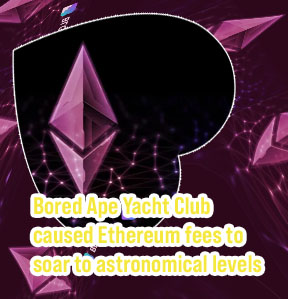
Ethereum fees
What can make Ethereum gas fees high?
The miners’ threshold depends on network usage and congestion. In a way, miners prefer the network to be congested so they can benefit from charging high gas fees. Currently, the decentralized finance (DeFi) movement, the road to Ethereum 2.0 and soaring ether (ETH) transactions are partly to blame for this unsustainable position. Ethereum network fees Users who do not have high-enough capital to make sending transactions on the Ethereum network economically viable anymore stop using the network. If we apply the Pareto principle to this case, we can assume that a majority of network participants will stop executing transactions during periods of high network congestion – leading gas fees to drop as parabolically as they have risen.
Eth miner fees
The miners are not keen on the deals with LOW gas value, because there is not enough gas to complete the calculation. If the transfer has LOW fees, but plenty of gas to protect it, the miners also do not want to carry out the operation, because the transfer with a low commission is not financially attractive to them. Ethereum gas fees: The cost of doing (crypto) business Etherscan is a Block Explorer and Analytics Platform for Ethereum, a decentralized smart contracts platform.

Sign up for crypto digest
Gas is an important concept within the Web3 world. It is the virtual fuel required to execute transactions on the network. Similar to how a car needs gasoline to drive. Most public blockchains denominate these transaction fees in their native currency. Remembrance of Wordles Past After Ethereum launched its proof of stake algorithm in September of 2022 (switching from proof of work), gas fees on the network became the reward for users who stake ETH and participate in validation. The more ETH someone stakes, the more they can earn from gas fees.
Ethereum fees
For example, as the Ethereum network and its market value grows in size, so do the gas fees required for transactions. At times, Ethereum fees can very high and significantly impact the profitability of trades/swaps. These high Ethereum gas costs have led to the evolution of newer, cheaper blockchains, such as BNB Chain, and Polygon. Use Blocknative's Gas Fee Tracking Tools With this shift, there is a projection that transaction fees will decline rapidly. When this happens, all the parallel chains currently feeding off Ethereum transaction costs could be removed from the network. So if it takes a longer time for Ethereum to get proof of stake, will it remain the king of smart contract blockchain, or will it go extinct?

